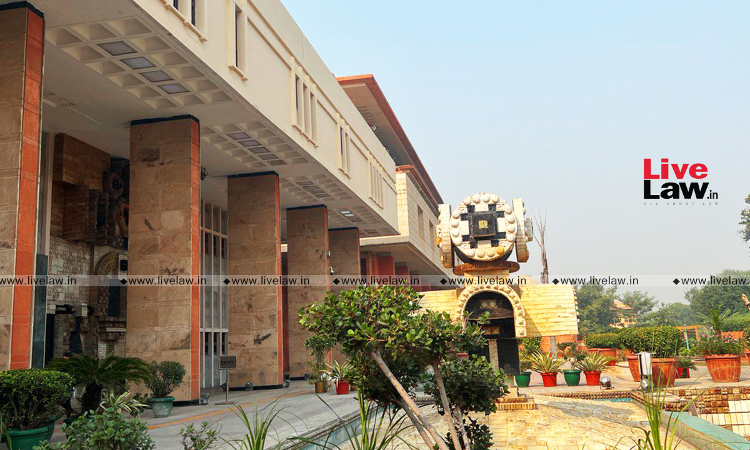Electricity | Recipient Of Concession With No Vested Right Cannot Seek Continuation Of Waiver: Delhi High Court
Debby Jain
6 Nov 2023 12:45 PM IST

Next Story
6 Nov 2023 12:45 PM IST
A Division Bench of the Delhi High Court comprising the Chief Justice and Justice Sanjeev Narula recently dismissed a challenge brought against increase in Renewable Purchase Obligations (RPO) of Open Access Consumers and imposition of additional surcharges by DERC.“...the fixation of tariffs through subordinate legislation is within the commission's purview, and no manifest arbitrariness...
